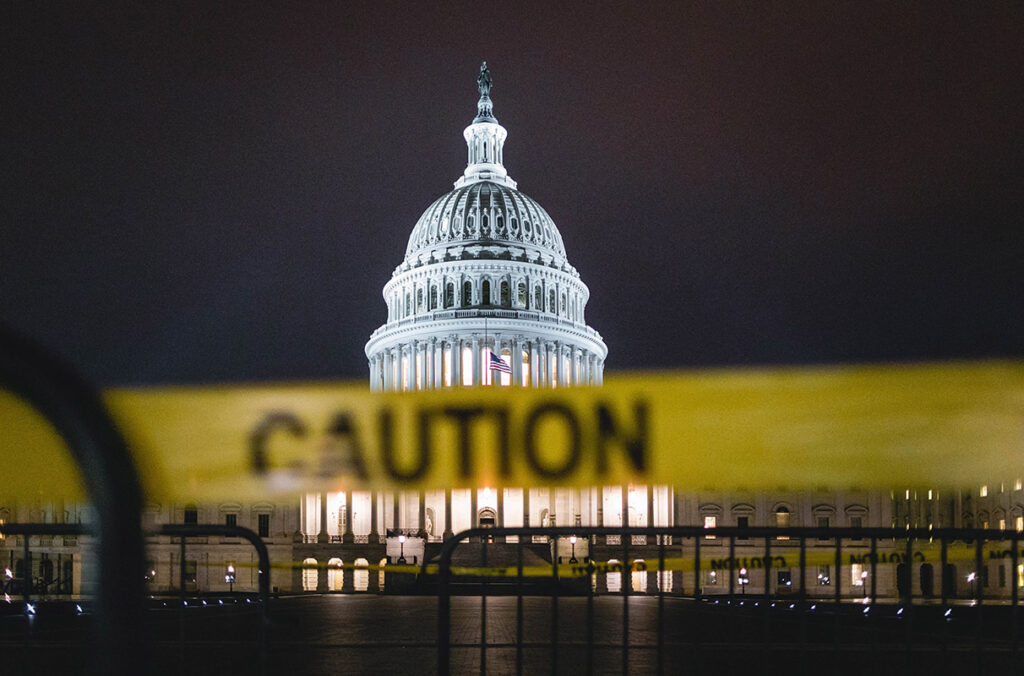Ever felt like you just can't trust anyone in power anymore? You're not alone. Across the globe, people are grappling with a crisis of trust in their governments. This trust, or the lack thereof, can make or break societies. After all, when you trust your government, everything from paying taxes to following laws feels more justifiable. But when that trust is eroded, it can lead to widespread disillusionment and instability.
Historical Context
Trust in governments isn't a new issue. Throughout history, there have been periods of high trust and complete distrust. Think about the ancient Roman Republic, where public officials were expected to be virtuous and serve the people. Fast forward to the 20th century, and you see trust shaken by wars, economic depressions, and scandals. Events like Watergate in the U.S. or the fall of the Soviet Union fundamentally altered how citizens viewed their leaders.
Defining Trust in Government
So, what does it mean to trust a government? At its core, it’s about believing that those in power are acting in your best interest. Trustworthy governments are transparent, accountable, and responsive to their citizens. They provide public services efficiently, manage the economy wisely, and maintain law and order without infringing on personal freedoms.
Factors Influencing Trust
Several factors can either build or break this trust. Transparency and accountability are huge. If a government is open about its actions and holds officials accountable, people are more likely to trust it. Corruption, on the other hand, is a trust killer. Efficient public services and a stable economy also play crucial roles. When people see their taxes being used wisely, they feel more inclined to trust their leaders.
Global Overview of Government Trust
Around the world, trust levels vary widely. Scandinavian countries like Denmark and Sweden consistently rank high in trust due to their transparent governments and strong welfare systems. On the flip side, countries like Venezuela and Russia struggle with low trust due to corruption and political repression.
Case Studies of Trusted Governments
New Zealand: A Beacon of Trust
New Zealand often tops the charts in government trust. Why? Their government is known for its transparency and effectiveness. Prime Minister Jacinda Ardern's empathetic leadership style has also played a significant role in bolstering public confidence.
Switzerland: Direct Democracy in Action
Switzerland's unique system of direct democracy allows citizens to vote on many issues directly. This level of participation fosters a strong sense of trust, as people feel their voices are genuinely heard.
Canada: Balancing Diversity and Trust
Canada’s inclusive policies and transparent government practices have earned it high trust scores. The country’s efforts to engage with its diverse population through fair and inclusive policies have strengthened this trust.
Case Studies of Distrusted Governments
Venezuela: A Case of Economic Collapse
Venezuela’s government has seen a dramatic drop in trust. The country’s economic collapse, coupled with political repression and corruption, has left citizens disillusioned.
North Korea: Secrecy and Oppression
In North Korea, the government’s secretive and oppressive nature means trust is practically non-existent. Citizens live in fear, with little hope that their government has their best interests at heart.
Russia: Corruption and Control
Russia struggles with trust issues due to widespread corruption and political control. The government’s tight grip on media and suppression of dissenting voices further erodes public trust.
Role of Media in Shaping Trust
The media plays a crucial role in shaping our perception of government. Traditional media can either hold power to account or become a tool for propaganda. Social media has added a new dimension, with its rapid spread of information and misinformation alike.
Technology and Government Trust
In the digital age, technology can be a double-edged sword. E-government initiatives, like Estonia’s digital ID system, can increase transparency and efficiency. However, concerns about cybersecurity and data privacy can also undermine trust if not managed properly.
Citizen Participation and Trust
When citizens are actively involved in governance, trust tends to increase. Participatory governance models, where people have a say in decision-making processes, help build a sense of ownership and trust. Examples include local town hall meetings and national referendums.
Government Reforms to Build Trust
Governments looking to build or rebuild trust need to focus on several key areas:
Anti-corruption Measures
Implementing strict anti-corruption laws and ensuring they are enforced can significantly enhance trust.
Transparency Initiatives
Making government actions more transparent through open data policies and regular public reports can help demystify government processes.
Public Service Improvements
Enhancing the efficiency and quality of public services, from healthcare to education, shows citizens that their tax dollars are well-spent.
Challenges in Building Trust
Building trust is no easy feat. Political polarization can make consensus difficult. Economic inequality can create a sense of unfairness. And globalization can sometimes make citizens feel disconnected from their leaders.
Future of Government Trust
Looking ahead, the future of government trust will likely be shaped by how well governments can adapt to changing times. This includes embracing technology responsibly, addressing economic and social inequalities, and maintaining open channels of communication with their citizens.
How Citizens Can Foster Trust
Trust isn’t just the government’s responsibility. Citizens play a crucial role too. By staying informed, participating in civic activities, and holding leaders accountable, individuals can help build a more trustworthy government.
Conclusion
So, are there any governments that can still be trusted? The answer is a resounding yes, but it varies widely depending on where you look. Trust in government is a complex, multifaceted issue that requires efforts from both the government and its citizens. By understanding the factors that influence trust and actively working to improve them, we can hope to see a future where more governments around the world are truly deserving of their citizens' trust.
FAQs
Why is trust in government important?
Trust in government is crucial because it underpins the social contract, ensuring that citizens feel confident in the systems that govern their lives. It promotes compliance with laws, enhances public cooperation, and fosters social cohesion.
How can governments improve trust?
Governments can improve trust by being transparent, accountable, and responsive to citizen needs. Implementing strong anti-corruption measures, ensuring efficient public services, and engaging citizens in the decision-making process are key strategies.
What role does the media play in government trust?
The media plays a significant role in shaping public perception of government. It can act as a watchdog, holding leaders accountable, or it can spread misinformation. Balanced and accurate reporting is essential for maintaining trust.
Can technology increase trust in government?
Yes, technology can increase trust in government through initiatives like e-governance, which improves transparency and efficiency. However, it also requires robust cybersecurity measures to protect citizen data and privacy.
How do economic conditions affect government trust?
Economic conditions greatly impact government trust. Stable and growing economies tend to foster higher trust, as citizens feel their government is managing resources well. Conversely, economic downturns can lead to disillusionment and distrust.
I'm reaching out to ask for help in raising funds to purchase a modest, dependable used car. Having a vehicle would not only restore my independence but also allow me to engage more actively in my community and maintain essential aspects of daily living.
Help Chris Regain Independence with a Reliable Vehicle at GoGetFunding



